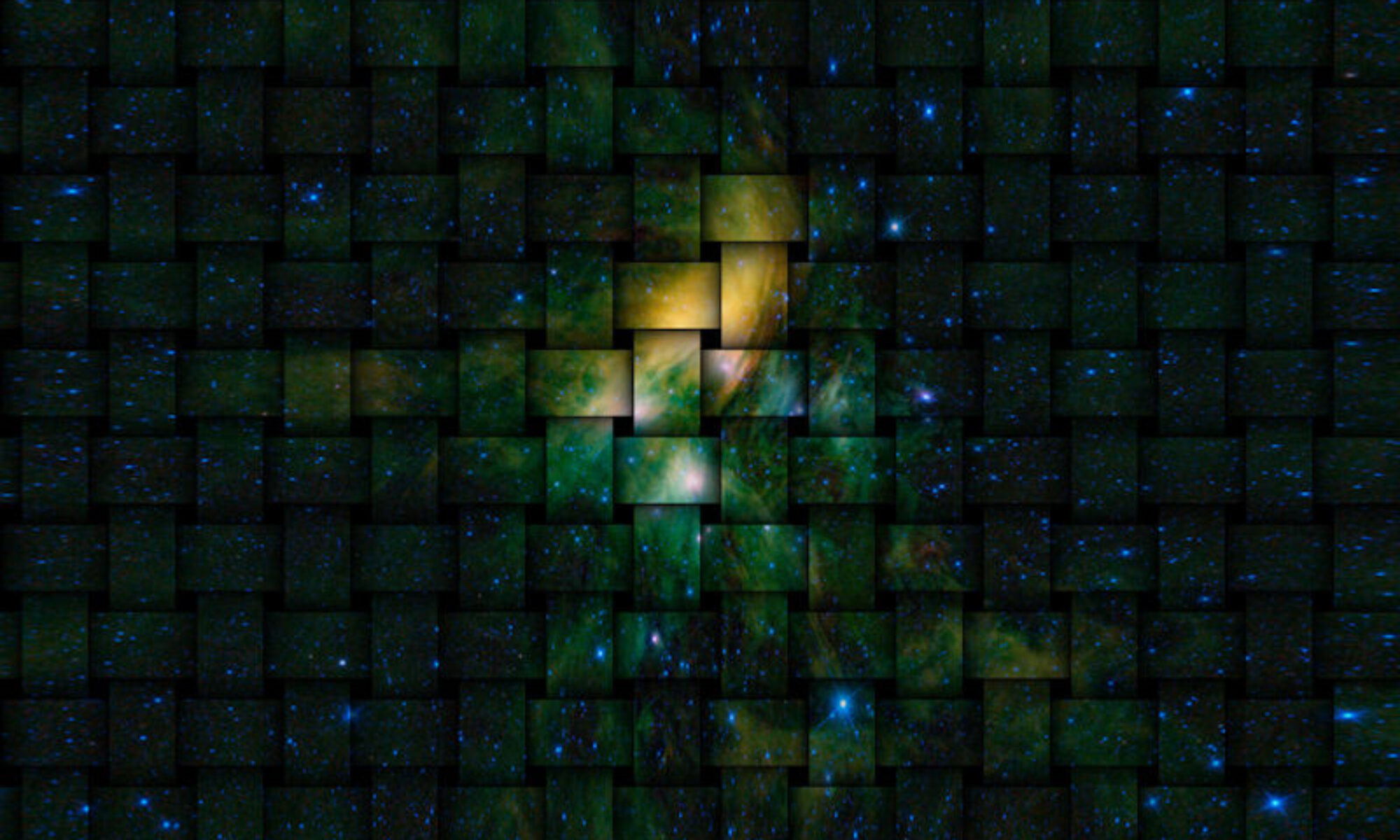Peaceful intentions often create destruction. Why? Because they may contain the belief that someone or something needs to be improved. True peace arises from blessing and loving what is.
Hilarion
♦ ♦ ♦ ♦ ♦ ♦ ♦
At times, we struggle with life. At times, we may see another having difficulties, too. Our compassion engages and we want to help him or her. We know we can assist to make things better. We’re certain the other person can right themselves and move forward, if only he takes the corrective actions that are obvious to us. We’re sure we know what she needs to do.
This certainty arises from the very best of intentions. We want the other person to experience more peace in his world. We want her to escape from the chaos surrounding her and inside of her. But, the desire to improve things arises from separation consciousness—the belief that we and others are broken and live in an imperfect world. In the moment that we see another as flawed, we lose sight of his essential divine and perfect nature. We also reinforce the illusion of her imperfection by focusing on it.
Does this mean we just should ignore the suffering of others? Are we supposed to offer no help at all to those who struggle? Of course not. But it may mean that we need to adjust our ideas about what is truly helpful.
Each of us has a splinter of the divine housed within us—our sharing within. Our sharing within generates the events in our lives from the raw material of all the sharing, based on what is most beneficial to us. Importance is placed on helping us realize our divine interconnection. Dramatic events may be needed to catch our attention, so that we may realize our essential divinity and oneness. These difficulties may be painful for us and for others, but they often are an impetus for spiritual growth.
Hard circumstances experienced are always for our overall benefit, whether or not that seems evident in the moment. If we remove another’s painful lesson, we deny him the ability to expand his consciousness. How then do we help someone else appropriately and effectively? What’s the right thing to do?
When we see another as essentially divine, we honor her intrinsic perfection. We trust that he is intended to prosper and grow. We have faith in her ability to overcome difficulties. We offer him kindness without expectations. We wish her well and expect that her inner divinity will guide her through trying circumstances. We believe in him or her.
Let’s connect with our own sharing within and practice this relaxed and dispassionate form of caring. We will begin by slowing our breath and allowing it to become soft and even. We will picture our sharing within as a golden fountain of light in the center of our chest. As we inhale the light intensifies, and as we exhale the light flows through us and our surroundings. We’ll continue the rhythmic breathing and light visualization until we feel easy and peaceful—the sign of conscious connection with our sharing within.
We will allow our mind to rest on someone we know—a family member, friend, coworker, or acquaintance—who is troubled. We’ll picture his difficulties clearly and mentally tick off a list of all the things we know he should do to improve his situation. Then we’ll surround her difficulties and our mental to-do list for her in a sphere of golden light and watch it drift away from us and evaporate.
As we release our expectations for him, we will picture him again—happy, joyful, and fulfilled. We’ll surround this image of her in golden light and wish her well. We know that we both are part of a divine web of beauty. We are all healed, we are all whole, we all live in light and love in the sharing.
♦ ♦ ♦ ♦ ♦ ♦ ♦
Divinely unique and beautiful reader, whom are you willing not to fix? Please share…
